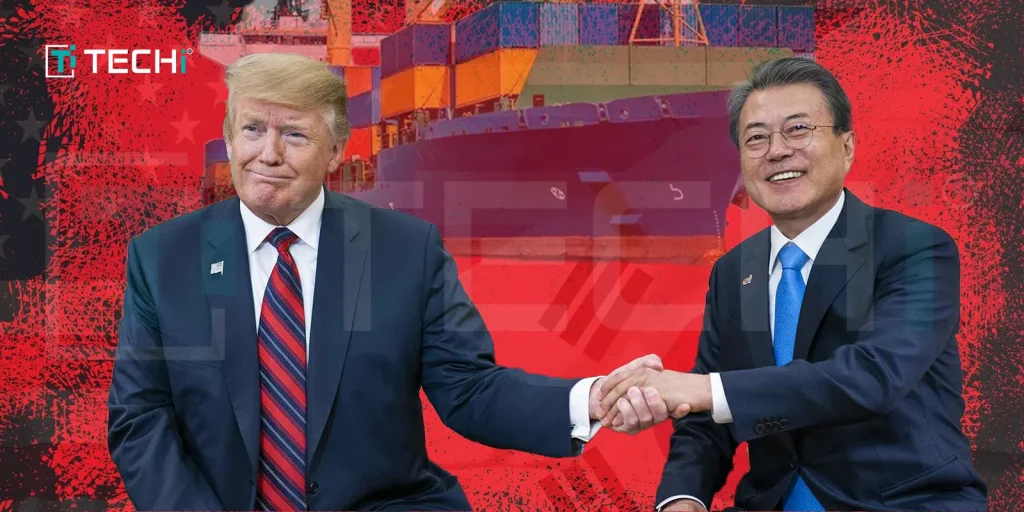In the latest news, Trump’s remarks over import tariffs and taxes have caused immediate stress among global trading partners. On Monday, President Trump announced that the U.S. will impose 25% tariffs on all aluminium and steel imports as well as other import duties later this week, including Canada and Mexico. He broke this news on his way to attend the Super Bowl from Florida to New Orleans when asked about trade tax scenarios; he assured that aluminium was included as well.
Trump’s Tariffs Strategy:
In Trump’s presidency, this was the first time that tariffs came earlier than before his time at the White House, also when he prioritised tax cuts and deregulation. There are two sides of Trump’s tariff strategy:
- Import taxes as a tool to force concessions on issues like immigration.
- Source of revenue that would greatly help the government’s budget deficit.
After Effects:
This announcement has caused worry among financial markets and Americans. American citizens are expecting a high inflation rate in the upcoming months because of duties. Financial Markets fell on friday and stock prices also saw the drop because of reciprocal tariffs and of course ‘consumer sentiment’. Consumers of Shein and Temu weren’t able to receive their packages until customs officials could find an alternative way. The small packages have previously been exempt from tariffs.
Previously, he threatened 25% import taxes on all goods from Canada and Mexico but he paused them for 30 days a few days ago. Not only them, China has also been on the radar as he proceeded to add 10% duties on imports from China.
Global Trader’s Reaction:
Trump’s tax policies have caused some serious stress to global trading partners. On Monday, Choi Sang-Mok, South Korea’s acting president (who also serves as the country’s finance minister) called a meeting with the country’s trade and foreign policy officials to examine how Trump’s proposed tariffs on steel and aluminum would affect its industries as well as the U.S.-Japan summit. Also, Choi highlighted the need to strengthen the nation’s AI competitiveness while monitoring the growth of startup tech companies such as China’s DeepSeek. Specific details were not disclosed however according to him they discussed the impact and possible responses. The stock prices of major South Korean steelmakers, including POSCO and Hyundai Steel, dropped as the market opened on Monday.
From January to November, 2024, South Korea shipped about $4.7 billion worth of steel to the United States, which accounted for 21% of its global exports of the products during the period.
Read More: Trump’s Paris AI Summit: An Exclusive Showdown with AI Safety Institute Staff Being Ridiculed




